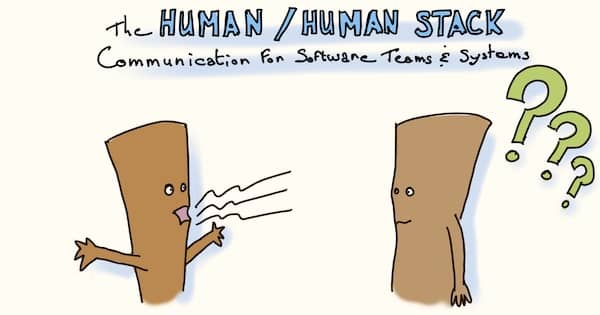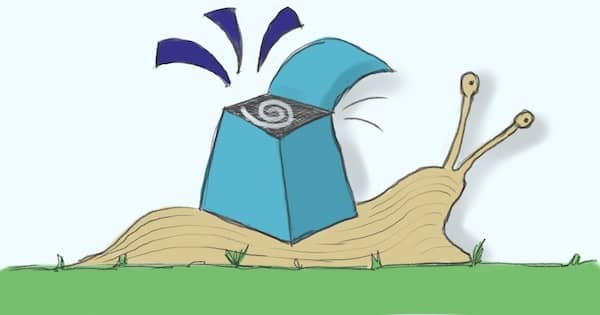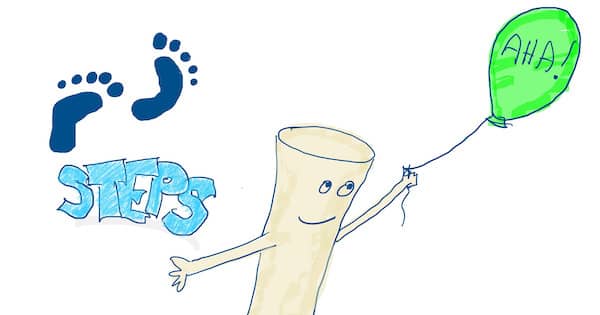How We Decentralized Our Company’s Training Program
Maybe your company too has a development program you can use to track and organize your training path. That’s already great ! It is often not perfect though. Sometimes, the initiative in itself can feel like an afterthought. Some other times, the process is completely left to the employee and his manager, with varying results, from great to forced upon everyone.

How did we rebuild this program in our team
As you might remember if you read my previous posts, we started a self organization initiative using a delegation board. When we tried to decentralize the end of year evaluation, we started discussing the subjects of personal development. We decided to have a dedicated workshop about this subject
Guiding principles
In our company, the development program allows a manager to assign specific learning goals to his collaborators, and anyone can also create his own goals to justify going to specific trainings. Starting from that, we agreed that the development program should be used to help anyone in the team to improve skills that are interesting for both the company and the employee. If the employee is interested in something completely unrelated to work, then he should obviously tackle that in his own time. If the company needs its employee to acquire some immediate mandatory skills, then that should be part of the daily job and subject to the end of year evaluation.
The idea is to try to find a win-win combinations, were employees are motivated to work their best at a company that they know helps them to full-fill their long term goals.
What did we came us with ?

This workshop was quite effective :
- First of all, everyone is responsible for his own development, it’s a chance offered by the company. It cannot be forced unto people.
- It is based on volunteer mentorship : everyone should have regular meetings with his mentor to asses his progress on his long term goal, to try to get feedback and ideas about how to move forward. We started by saying that the team leader is the default mentor, but anyone can find another mentor at any moment.
- The process starts with the search for a long term goal. Examples are “I want to be an agile coach”, or “I want to be a performance expert”
- With the help of the mentor if needed, the long term goal should be split in yearly objectives and tracked using OKRs
- Everyone is free to track his progress has he wishes. Visual tracking makes the discussion with the mentor a lot easier. We have been looking at tools to track OKRs but it was surprisingly difficult to find one that suited our use. Most are enterprisy tools with manager-managee relationships. We just wanted simple personal tracking tools. For my part, I adapted a Trello board I found on the internet.
Conclusion
After doing a few months of this, I can say that this has a positive aspect on motivation, people told me that they felt more in control of their destiny. Something else I noted, is that junior developers need help and guidance. They often don’t really know what they want to do in a few years, so they really need a mentor to help them find out the what and the how. The other side of this is that a team obviously needs senior developers to act as mentor … among other things.




Leave a comment